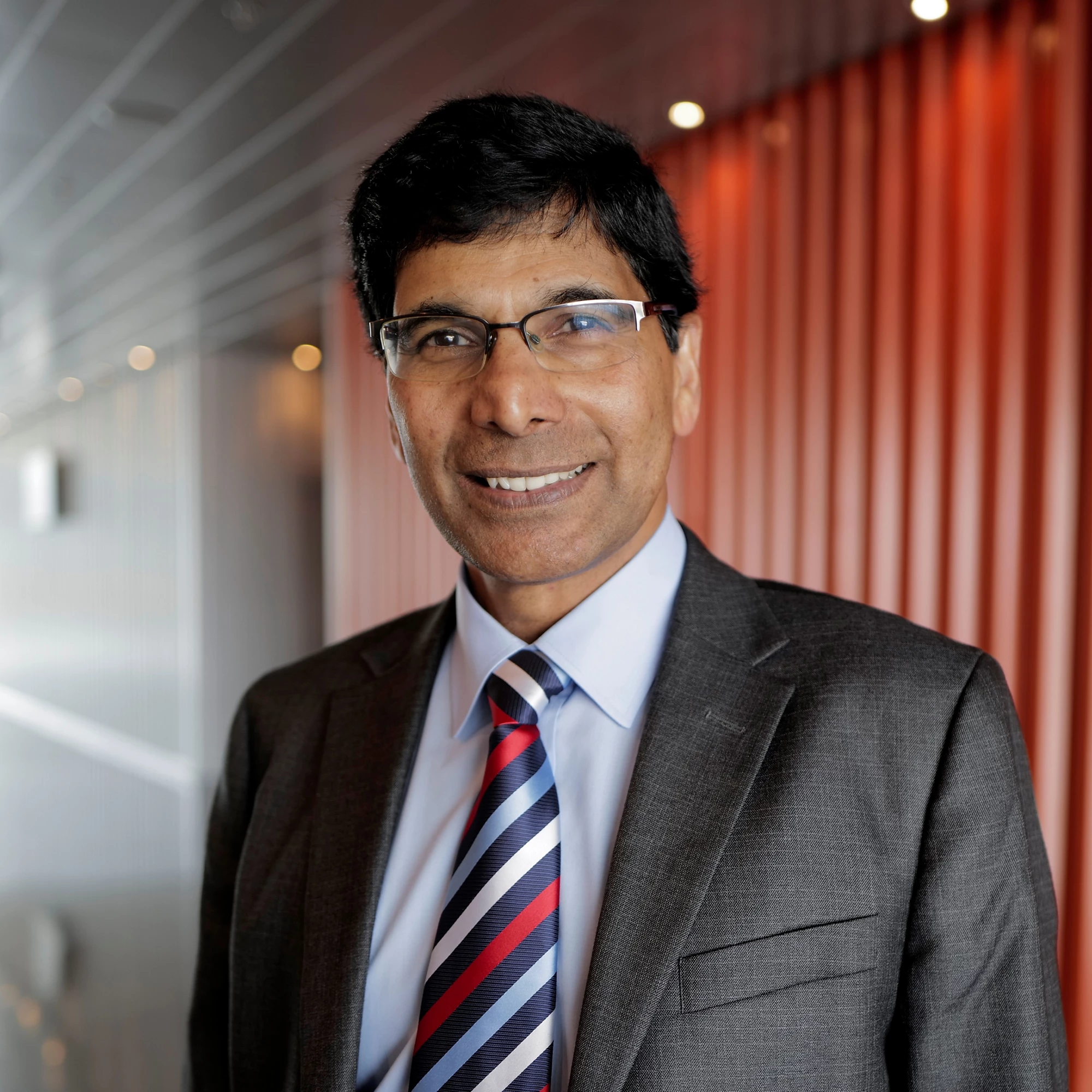Knowledge product innovation in ECA: The case of MIRPAL
It is almost eighteen months since World Bank Europe and Central Asia (ECA) region launched a program of knowledge sharing in the post crisis environment for countries heavily dependent on remittances and looking for ways to address the
 |
Hence the countries wanted “just in time” policy advice and the Bank itself was not ready with its knowledge base. The estimation of remittance and migration trends had not been very precise and not much effort was in place to better understand or respond to policy challenges. Thus, one of the first ways the Bank tried to help is to get a better sense of the trends preceding crisis and analyze its policy implications. This led to the first important knowledge product of research and related policy advice. In the post crisis environment for many countries in CIS countries, the Bank launched analysis of migration, remittance trends and its impact on foreign exchange flows, labor movements, poverty and social welfare. The second area was to see how other countries in previous crises had managed the remittance shock and what lessons were learnt. In order to better communicate this knowledge, the Bank organized over the last 18 months around ten Global Distance Learning events covering lessons from Asia, Middle East and Latin America. These enabled fast and low cost learning opportunity for ECA countries. Thirdly, the Bank wanted to prevent any “knee jerk” reaction either from the sending countries or receiving countries to address the migration issue. Many countries started taking anti-migration stance that was neither welcomed socially, nor beneficial economically. Thus, the Bank organized multilateral meetings between many CIS countries. This naturally led to the fourth area of activity, which required moving beyond knowledge sharing and enabled countries to sit together and arrive at mutually beneficial arrangements.
All these activities were carried out in the framework of the Migration and Remittances Peer Assisted Learning (MIRPAL) network, an innovative capacity building and knowledge sharing multilateral tool, owned and facilitated by eight participant countries in the CIS . The MIRPAL network, consisting of national coordinators, serves as a prototype for the bottom-up approach of the Bank’s assistance. The member countries play a key role in identifying the needs for the policy advice and building the local capacity, thus ensuring that the Bank’s intervention is client-demand driven.
Over the last eighteen months, what we in ECA have learnt is that it is very important to “step up to the plate”, even if we are not fully ready, but acknowledging that we are all – IFIs and countries - learning together. Secondly, we had to commit to carrying out work in close collaboration with countries and donors to build on synergy. Thirdly, it helped us to move beyond usual lines of business to organize meetings for knowledge sharing using the Community of Practice model – with no strings attached. Fourthly, it also forced us to move with the flow and see how much value we can add to the areas of need in the remittance shock in the post crisis era in the different country context.
It is clear from our experience that the knowledge products of the Bank can be tweaked further to enable us provide “just in time” advice without substantial cost. It is important we step out of our traditional modes of operation. Management support has been critical in our journey with MIRPAL. Our view is that future client needs will require us to “get out of our comfort zone”. If we are willing to take up the challenge we can be very effective as a “global knowledge bank”.


Join the Conversation